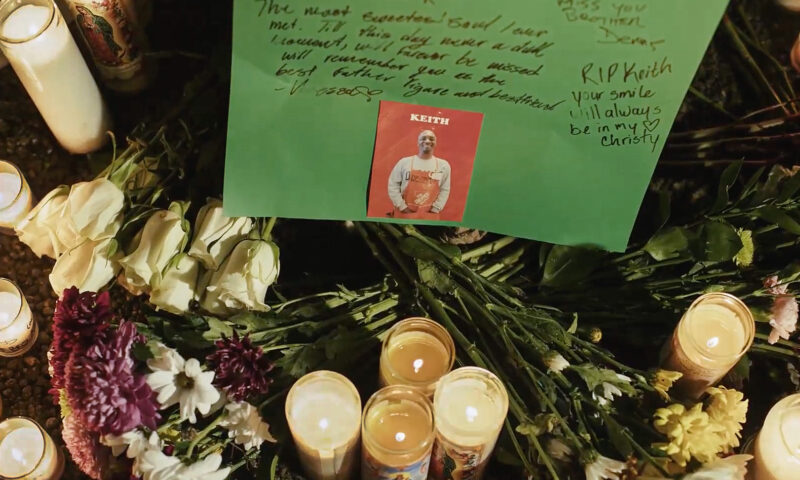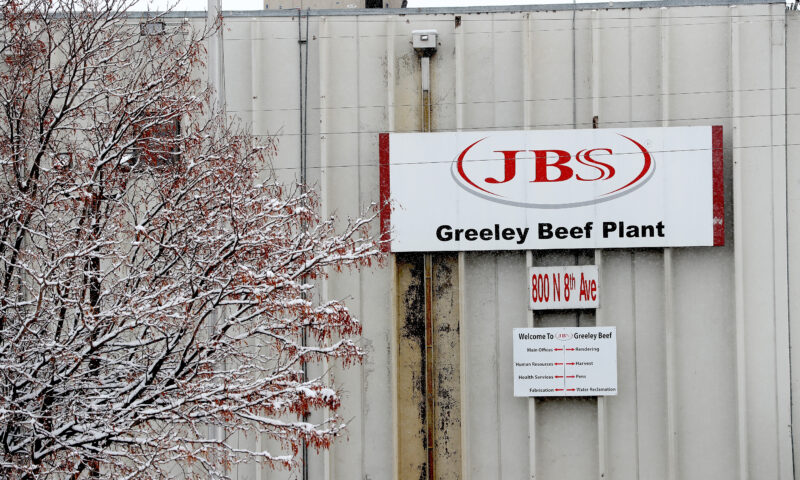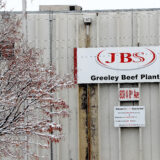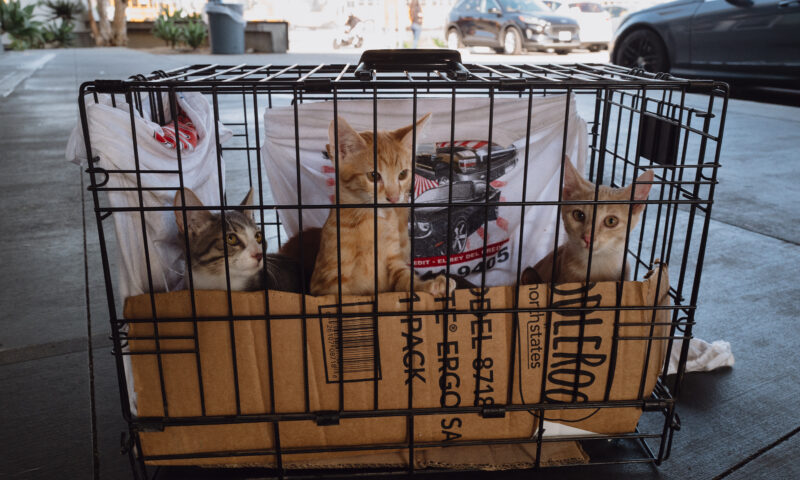Labor & Economy
Waiter, There’s a Fly on My iPad!

Photo: Wikipedia
The front page of the L.A. Times recently had a story about some hip restaurants replacing serving staff with iPads. First of all, L.A. Times: front page above the fold? Really?
Now, let’s set aside what the latest twist in automation says about us and our social interactions with other human beings. Instead, I want to focus on the fairly obvious economic implications. With apologies to Martin Niemöller:
First, they came for the bank tellers, and I said nothing, for I was not a bank teller.
Then they came for the travel agents, and I said nothing, for I was not a travel agent.
Then they came for the supermarket cashiers, and I said nothing, for I was not a supermarket cashier.
Then they came for the food service workers, and still I said nothing.
According to the L.A. County Economic Development Corporation, in 2010, there were an estimated 381,400 workers in L.A. County employed in the retail sector. Many of them got there after manufacturing in L.A. was decimated. But we’re going to be a service economy, so not to worry! Or so we were told. Obviously, this is now just one more thing for these workers to be worried about.
Look, I don’t want to be Mr. Sour-on-Everything. Obviously, hundreds of thousands of workers are not going to lose their jobs tomorrow. And in some sense, it’s a fool’s errand (as this will be depicted) to “stand in the way of progress.” Yet it’s one thing to be a buggy manufacturer railing against automobiles, and it’s something else altogether to point out that supposed progress will actually make our economy unsustainable.
One of the many things that capitalism is very, very good at is making us think about the atomized relationship between us and our transactions. The implications of those transactions for the larger economy are generally shielded from us. But the economy isn’t something that happens to us; it’s something that we create.
If we want to build a more sane and sustainable economy, there are two imperatives for our actions: One, we need to think carefully about our individual consumer decisions. (Do we go through the self-check-out aisle or do we deal with a cashier? Do we patronize establishments that generally provide good jobs with benefits?) And Two, we should establish policies that foster the kind of economy that we want to see, with incentives pushing in the right direction. Yes, the market will decide winners and losers, but the market is us.

-

 Latest NewsJanuary 8, 2026
Latest NewsJanuary 8, 2026Why No Charges? Friends, Family of Man Killed by Off-Duty ICE Officer Ask After New Year’s Eve Shooting.
-

 The SlickJanuary 12, 2026
The SlickJanuary 12, 2026Will an Old Pennsylvania Coal Town Get a Reboot From AI?
-

 Pain & ProfitJanuary 7, 2026
Pain & ProfitJanuary 7, 2026Trump’s Biggest Inaugural Donor Benefits from Policy Changes That Raise Worker Safety Concerns
-

 Latest NewsJanuary 13, 2026
Latest NewsJanuary 13, 2026Straight Out of Project 2025: Trump’s Immigration Plan Was Clear
-

 Column - State of InequalityJanuary 8, 2026
Column - State of InequalityJanuary 8, 2026Can California’s New Immigrant Laws Help — and Hold Up in Court?
-

 Column - California UncoveredJanuary 14, 2026
Column - California UncoveredJanuary 14, 2026Keeping People With Their Pets Can Help L.A.’s Housing Crisis — and Mental Health
-

 Latest NewsJanuary 16, 2026
Latest NewsJanuary 16, 2026Homes That Survived the 2025 L.A. Fires Are Still Contaminated
-

 Column - State of InequalityJanuary 22, 2026
Column - State of InequalityJanuary 22, 2026On Eve of Strike, Kaiser Nurses Sound Alarm on Patient Care

